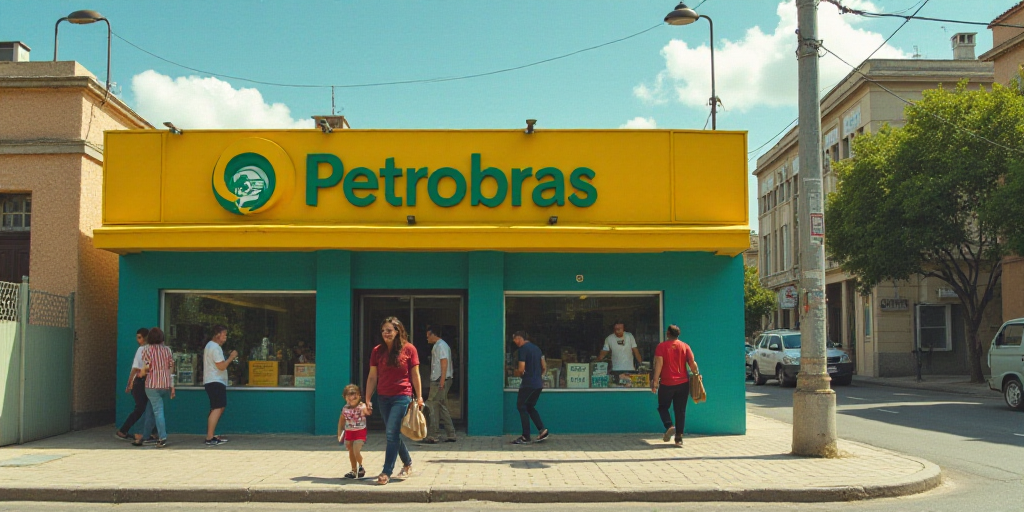Background on Petrobras and its Role in Brazil’s Biofuel Industry
Petrobras, the Brazilian multinational corporation in the oil and gas sector, has been a significant player in Brazil’s biofuel industry. The company has historically invested heavily in sugarcane-based ethanol, which accounts for the majority of Brazil’s biofuel production. However, recent developments suggest that Petrobras might shift its focus towards corn-based ethanol.
Reasons for Petrobras’s Potential Shift to Corn Ethanol
According to three sources within Petrobras, the company is evaluating the possibility of resuming investments in corn ethanol. While this does not rule out sugarcane-based ethanol, the emphasis is likely to be on corn as a raw material. Several factors are driving this potential shift:
- Declining production costs: The expansion of corn cultivation has led to a decrease in production costs for corn ethanol.
- Robust growth in the corn ethanol segment: The sector experienced over 30% growth last year, whereas sugarcane ethanol production has remained stagnant due to competition with sugar for raw materials.
- Regional production deficit: Petrobras aims to boost corn ethanol production in the Northeast/North region, which has a shortfall in biofuel supply but has witnessed substantial growth in corn production, particularly in the Matopiba region (comprising Maranhão, Tocantins, Piauí, and Bahía).
A Petrobras source highlighted, “The cost of corn ethanol has significantly dropped, it has broader reach, and is now available in the Northeast/North regions, especially in Matopiba.” If Petrobras enters into an agreement leading to the acquisition of shares in corn ethanol-producing companies, Raízen—which uses only sugarcane as raw material in its over 20 operating plants—would be excluded.
Raízen’s Stance and Other Industry Players
When contacted by the press, Petrobras did not provide immediate comments on the matter. Raízen stated on Saturday that it would not comment on the issue. Another Petrobras source, speaking anonymously, said, “We are closer to corn than sugarcane. The prospects are better. We are in talks with several corn companies…”
Additional advantages of corn ethanol mentioned include the expanding production frontier for cereals and the absence of raw material competition with sugar.
Key Questions and Answers
- What is Petrobras considering? Resuming investments in corn-based ethanol production.
- Why the shift from sugarcane ethanol? Declining production costs, robust growth in corn ethanol segment, and regional production deficit in the Northeast/North.
- Which companies might be affected? Raízen, which uses only sugarcane as raw material in its plants, could be excluded from any potential agreement.
- What are the advantages of corn ethanol? Declining costs, broader reach, and absence of raw material competition with sugar.






